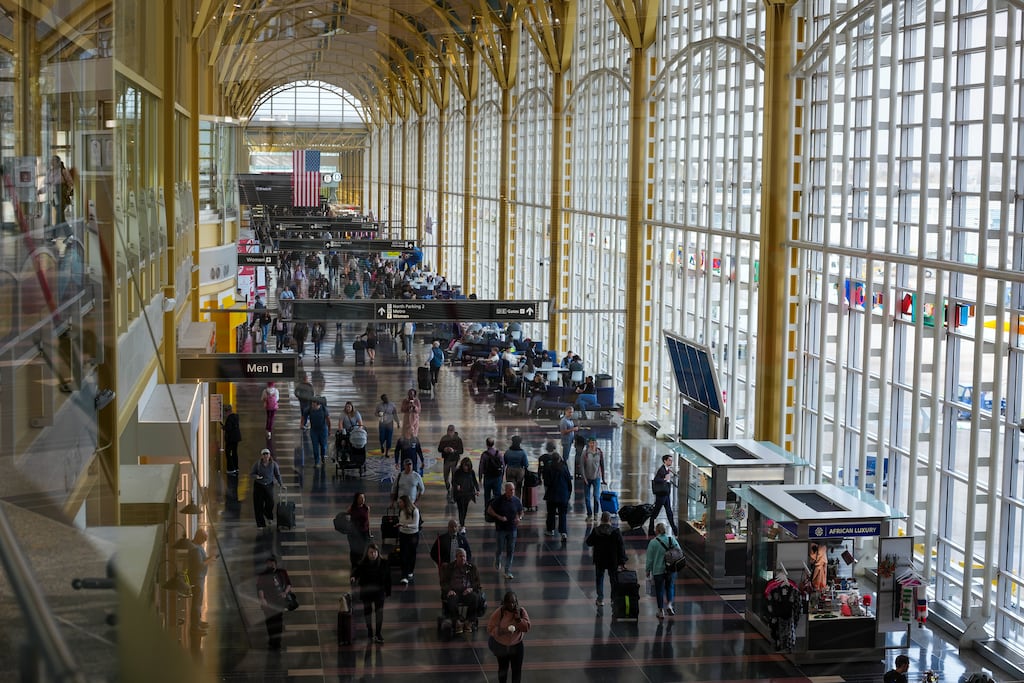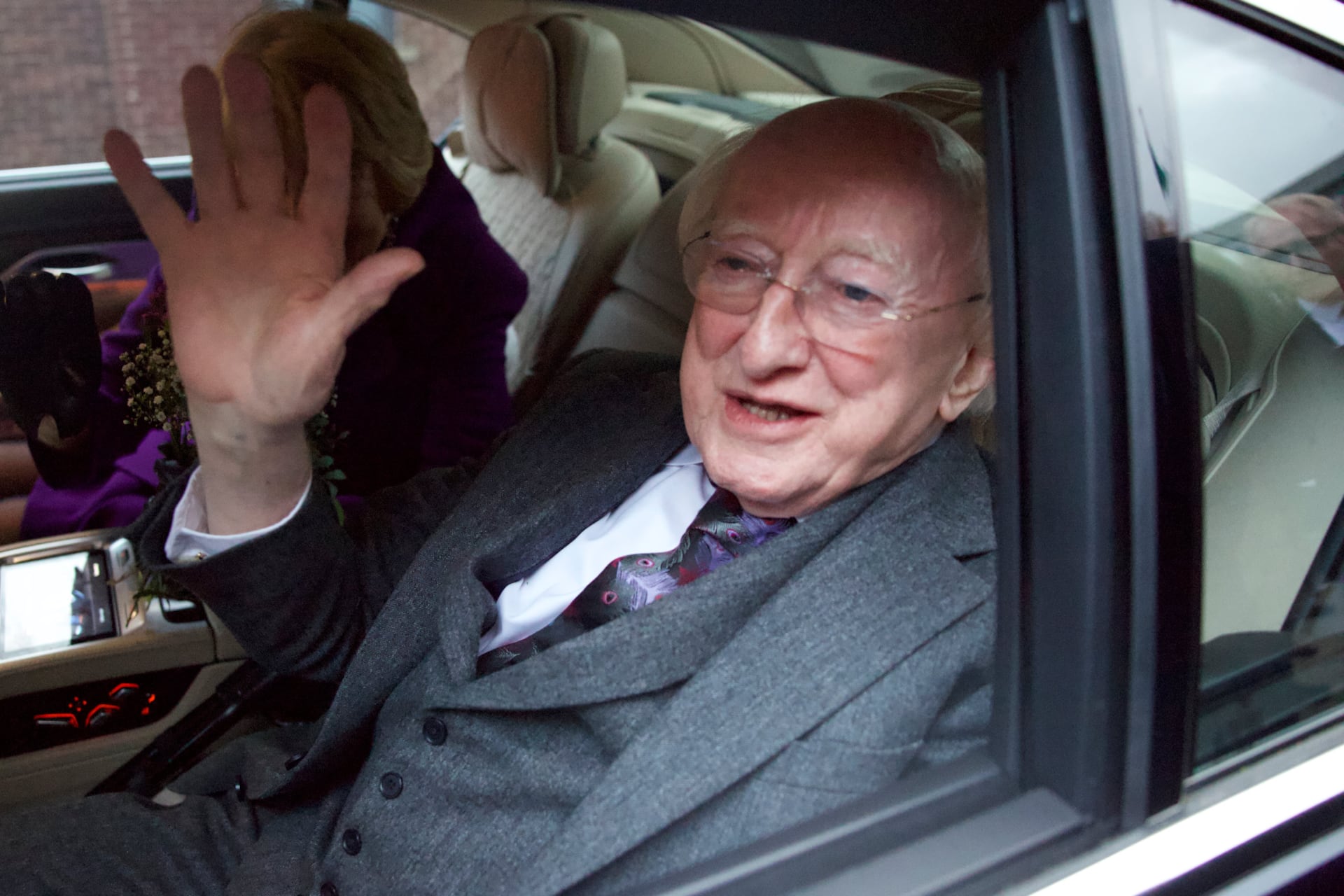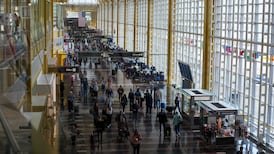The longest government shutdown in US history is due on Monday to enters its 41st day, with Republicans and Democrats in Congress still deadlocked and unable to agree a budget. It is biting, its reach extending, with 900,000 federal workers now on unpaid leave and 700,000 ordered to work without pay. Many government services have stopped working.
Although president Donald Trump has been able to reprogramme billions of dollars to pay some of those essential to his political agenda – including active-duty military, federal law officers and immigration agents, he is refusing to find resources for, among other programmes, the food stamps on which some 42 million of the country’s poorest depend. Demand at food banks is soaring. Over the weekend, the Supreme Court temporarily halted a lower court order requiring the administration to fully fund the food stamps programme.
Hundreds of internal flights have been cancelled because of pressure on air traffic controller numbers.
The blame game continues apace. Trump insists the Democrats are entirely responsible for the misery, but warned Senate Republicans that the shutdown was “worse for us than for them”, strongly urging them to abolish the “filibuster” rule which allows 41 of the 100-strong Senate’s members to block legislation. This is the same filibuster which allowed Republican senators to stymie the Biden administration’s programme and personnel nominations so effectively. It has served them well, and likely will again if the political tide turns, and so they are unwilling to dispense with it.
READ MORE
The red line for Democrats is the budget axeing of long-standing “Obamacare” health insurance subsidies. Without them, premiums will increase for more than 20 million people next year, and an estimated two million are expected to lose cover.
Not surprisingly, the Democratic position is popular, with voters consistently blaming Republicans for the shutdown since it began. Suggestions last week by some Democrats that they should accept a compromise of a one-year extension to the programme were derailed by their strong election performance in New York and elsewhere. Trump’s disapproval rating in a CNN poll has hit a record 62 per cent. He appears to be paying the heaviest price politically for the shutdown. Many of his base are food stamp recipients or federal employees.
And there are other icebergs on the domestic front ahead. Most notably, Supreme Court justices have to rule about the legality of his central policy instrument, his “liberation day” tariffs. Should the court, dominated by his nominees, find against him on this issue it would be sending an unwelcome signal to the White House about the extent of the president’s powers.














